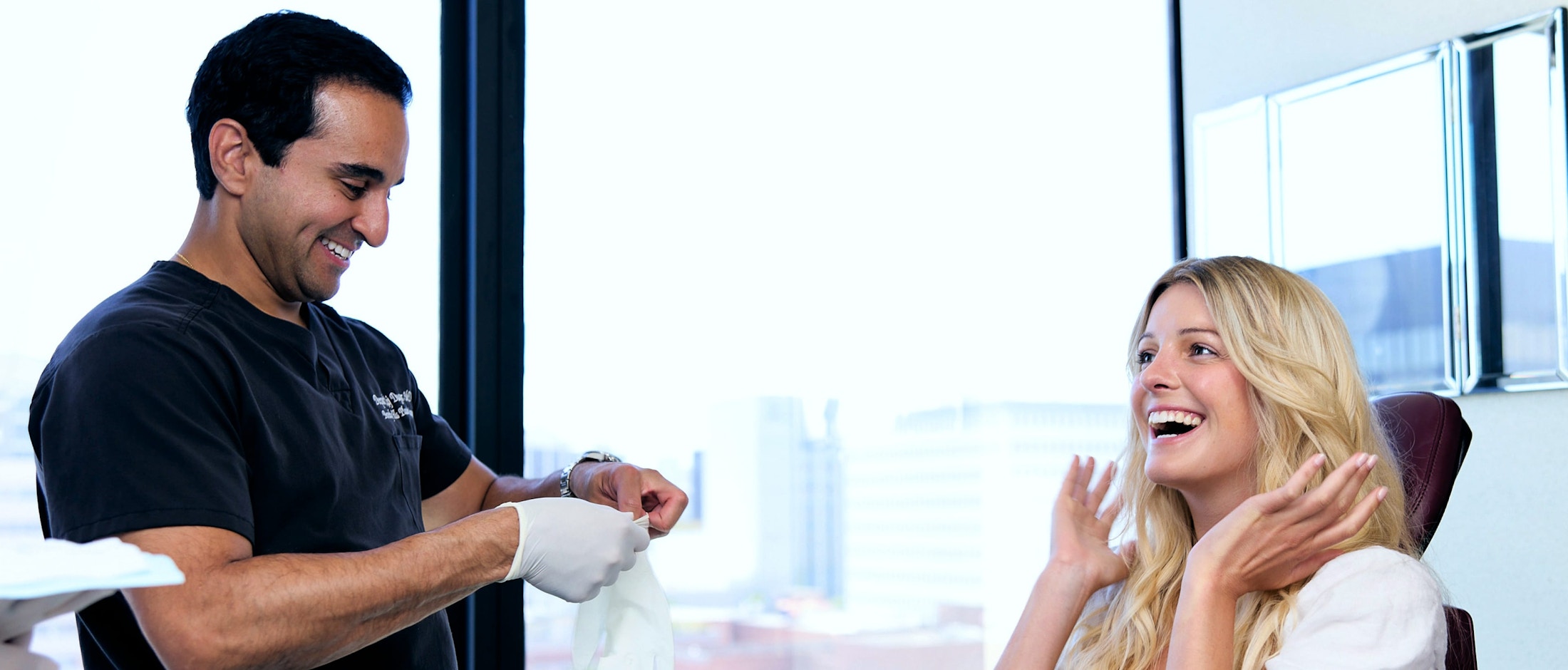Expert Tips for Athletes to Recover Safely and Swiftly After Rhinoplasty with Dr. Deepak Dugar
Rhinoplasty, also commonly known as a ‘nose job,’ is a plastic surgery procedure performed to enhance the appearance and functionality of the nose. It is a popular cosmetic surgery among athletes, especially those involved in contact sports like football, boxing, and martial arts. However, recovering after rhinoplasty can be challenging, particularly for athletes who need to get back to their sport as soon as possible. Luckily, Dr. Dugar has extensive experience with athletes. In this blog, we will provide some helpful tips for athletes to recover after rhinoplasty.
- Follow Your Surgeon’s Instructions
The first and most crucial step in your recovery after rhinoplasty is to follow your surgeon’s instructions religiously. Dr. Dugar will provide you with a detailed post-operative care plan that will include instructions for taking care of the incision site, managing pain, and avoiding any strenuous physical activity. Make sure you follow these instructions to the letter to ensure a smooth recovery. - Get Plenty of Rest
Rest is essential during the recovery phase after rhinoplasty. Adequate rest will help your body heal faster and reduce the risk of complications. Athletes are often used to a rigorous training schedule, but it’s important to take it easy during the recovery period. Avoid any strenuous physical activity, including weightlifting, running, or sports, for at least six weeks post-surgery. - Stay Hydrated
Drinking plenty of water is vital during the recovery phase after rhinoplasty. Water helps to flush out any toxins from the body and promotes healing. It’s also essential to avoid drinking alcohol or smoking during the recovery period, as these both can interfere with the healing process and possibly give rise to a greater risk of complications. - Take Medication as Prescribed
Discomfort is a common occurrence after rhinoplasty, but Dr. Dugar will prescribe pain medication to help manage it. However, most of our patients report very little discomfort that is easily controlled with extra strength Tylenol and rarely needs to take the pain medication at all! It’s crucial to take your medications as prescribed to manage any discomfort effectively. Remember to avoid aspirin-based pain medication as it can increase the risk of bleeding. - Apply Cold Compresses
Applying cold compresses to the eye area can help to reduce swelling and bruising. Dr. Dugar recommends using the ice-glove method. We recommend icing 3-5 times a day to reduce inflammation. Make sure you don’t apply the ice directly to the skin, as this can damage the skin. - Avoid Sun Exposure
Sun exposure can increase the risk of scarring after rhinoplasty. It’s important to avoid direct sunlight for at least six weeks post-surgery. If you have to be outside, just make sure you wear a hat and use sunscreen with an SPF of at least 30. - Keep Your Head Elevated
Keeping your head elevated can help to reduce swelling and promote healing. You can use two or three pillows to elevate your head while sleeping or sitting. Avoid lying flat on your back, as this can cause swelling in the face. - Watch Your Diet
Eating a healthy, balanced diet is crucial during the recovery phase after rhinoplasty. Include plenty of fruits, vegetables, lean protein, and whole grains in your diet to promote healing. Avoid salty and spicy foods, as these can increase swelling and discomfort. - Don’t Rush Your Recovery
It’s important to be patient during the recovery phase after rhinoplasty. Rushing your recovery can lead to complications and delay healing. Make sure you give your body enough time to heal before returning to your sport. - Communicate with Your Coach
Lastly, it’s important to communicate with your coach and let them know about your recovery. They can work with you to create a plan that will help you get back to your sport as soon as possible while ensuring your safety.
In conclusion, recovering from rhinoplasty as an athlete requires patience, diligence, and proper care. Following your surgeon’s postoperative instructions, resting, gradually easing back into physical activity, protecting your nose, managing pain and swelling, avoiding smoking and alcohol, following a healthy diet, and managing stress are all essential for a successful recovery. By taking care of yourself during this time, you can return to your sport feeling confident and ready to perform at your best. To learn more, book a consultation with Dr. Dugar!




